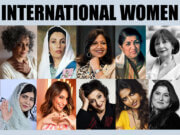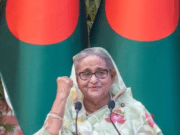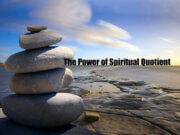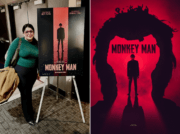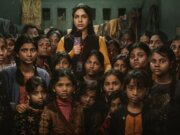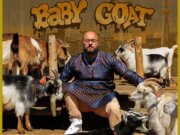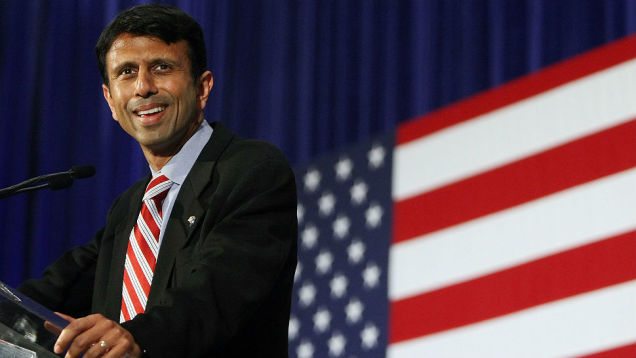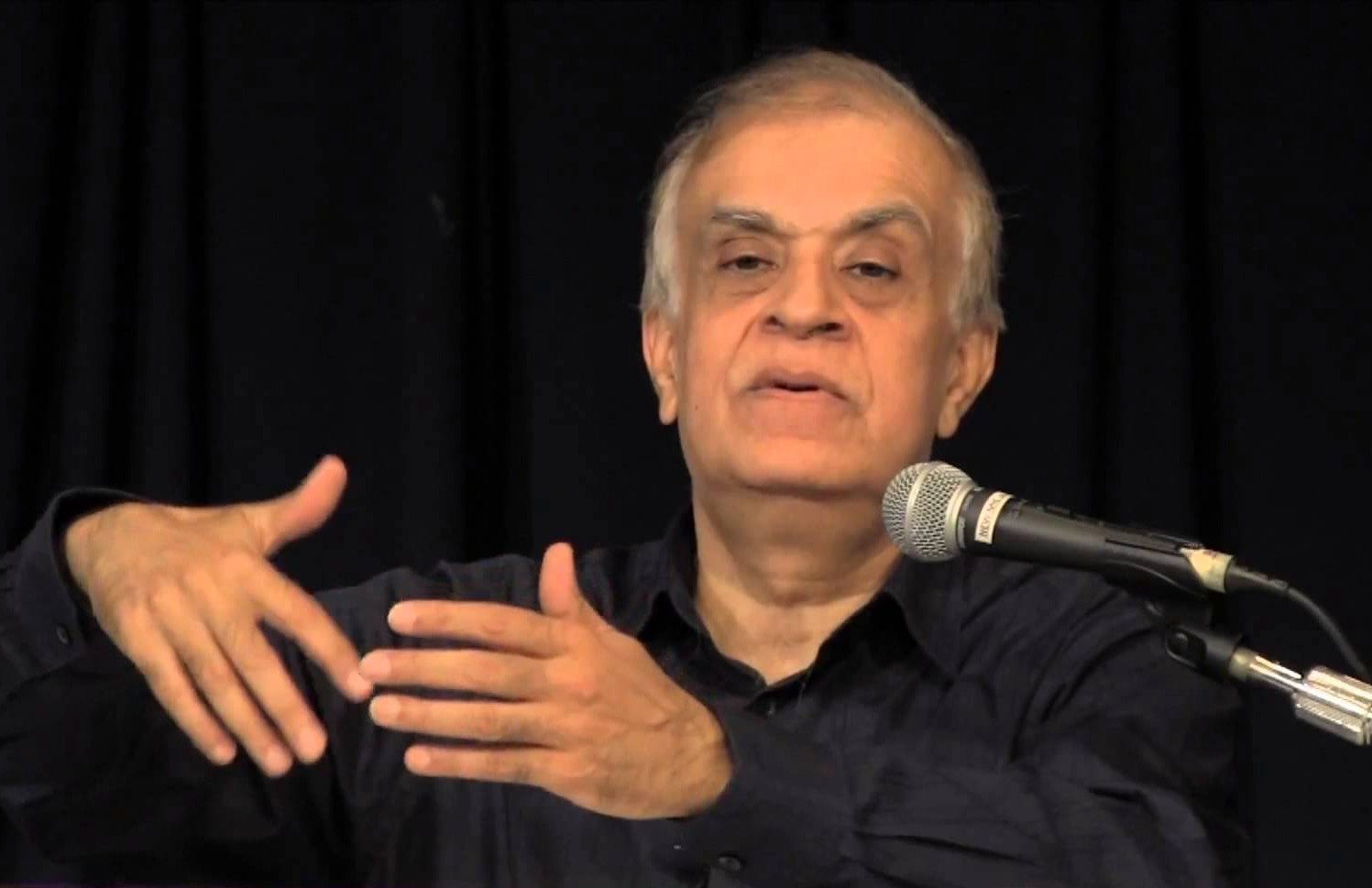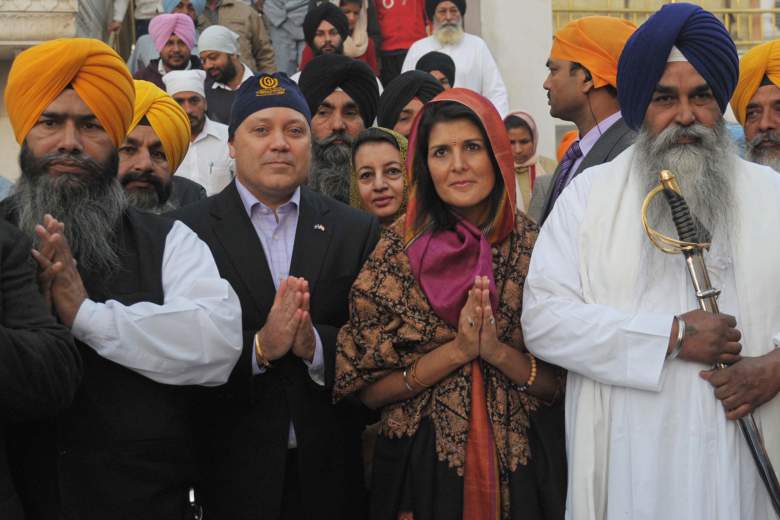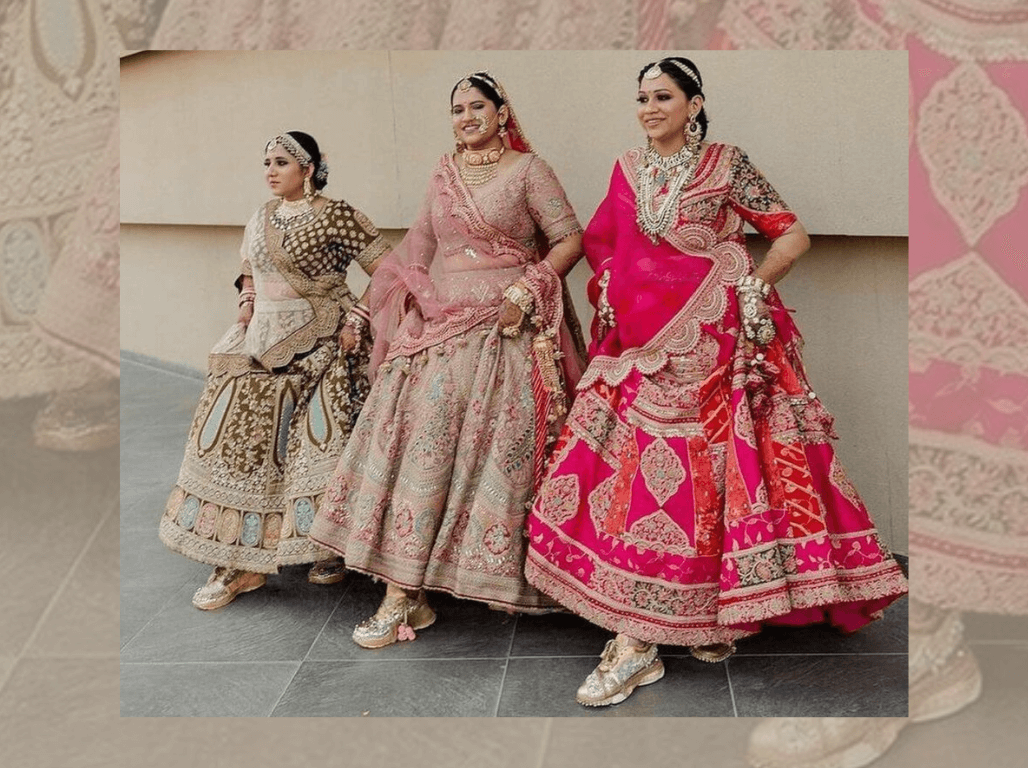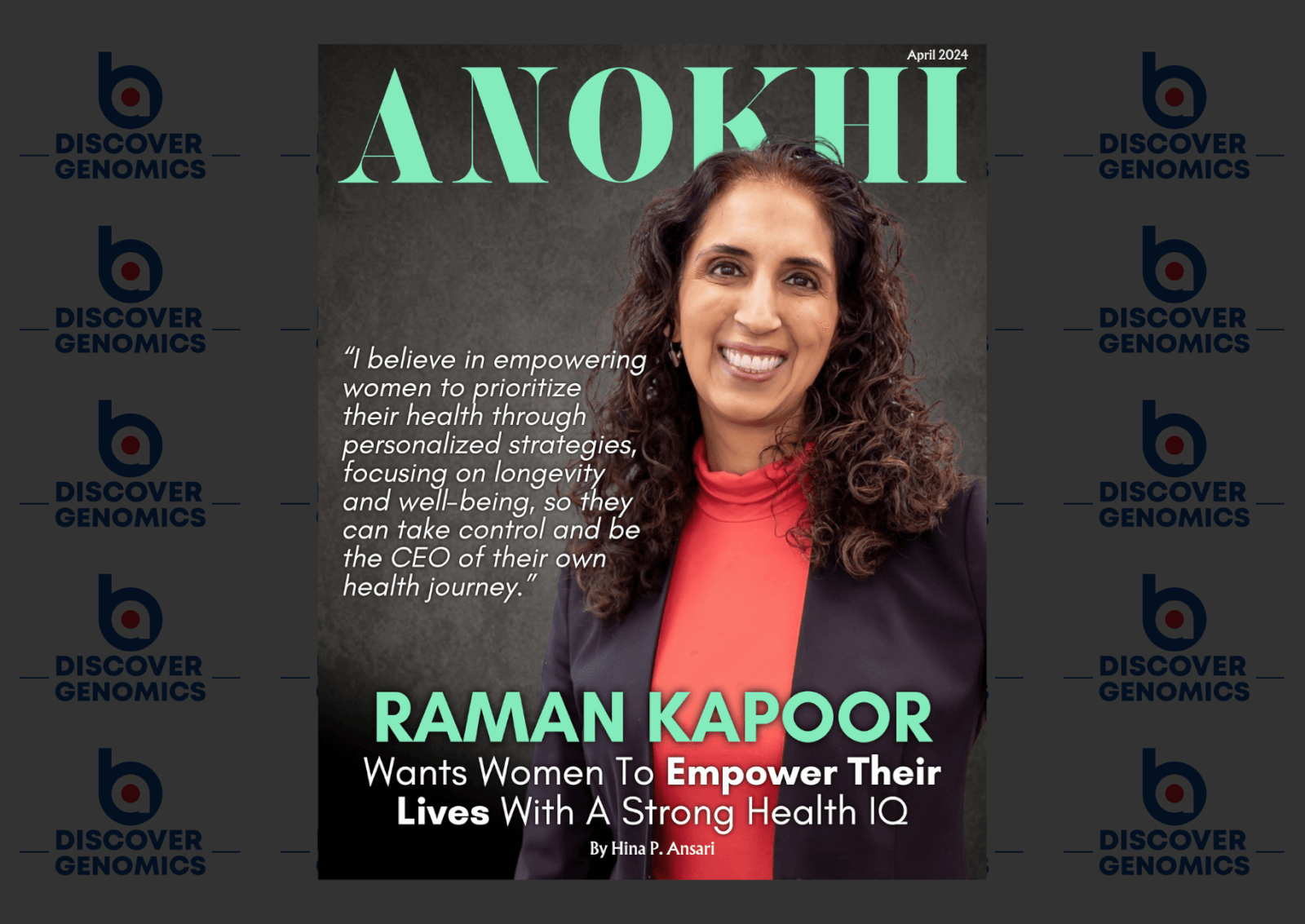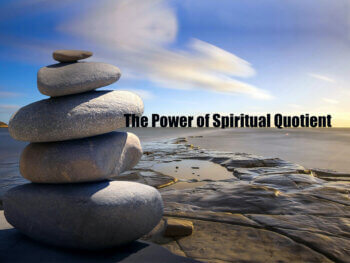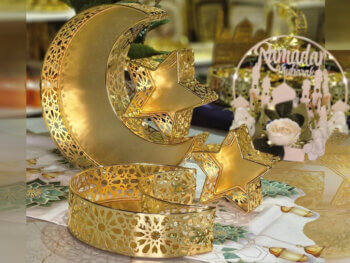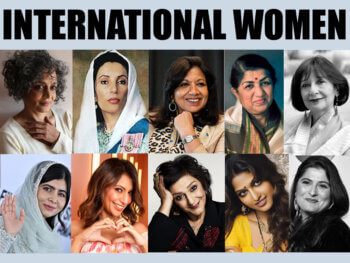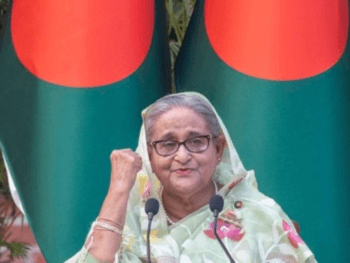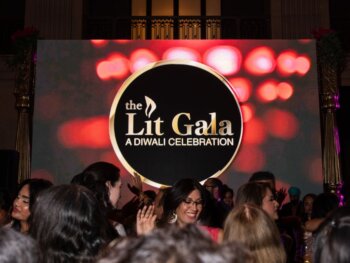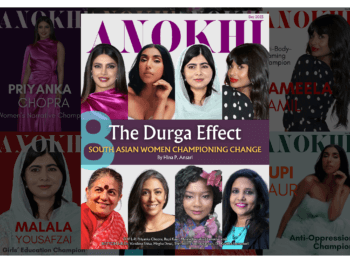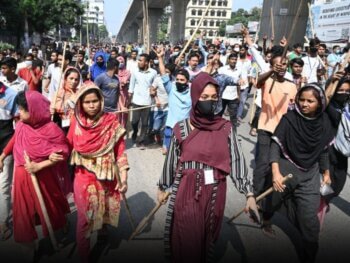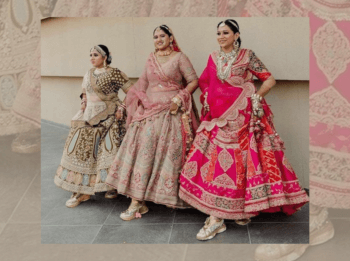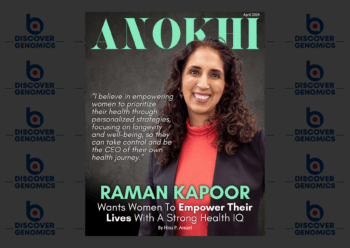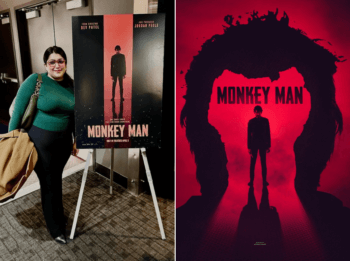
When focused on going after the brass ring, there are certain steps one takes to achieve their career goals. And then there are those who feel that changing their faith is the key to success.
The road to success is never an easy one. It is filled with obstacles, setbacks, failures and it is often rocky. Career and guidance counsellors always encourage their students to push themselves so that the students can win a scholarship to an ivy league university or get into popular top-tier universities and colleges to ensure a bright and financially-secure future. Then there are people who go above and beyond and sometimes take extreme measures to become successful in their respective fields.
The recent American presidential election has shed light onto two political figures, who have indeed taken controversial steps to advance their careers in the political arena — US Governors and Republicans Bobby Jindal and Nikki Haley. Both Jindal and Haley have rocked the social media nationwide because both of them chose to convert to Christianity. Their actions are indeed controversial and begs the question, how far should one go to succeed in his or her career? Is it morally or ethically right to change one’s religion or is it a personal matter, which we, as a public, should accept without questioning the decisions of those such as Jindal and Haley? Of course, this issue has larger consequences. In particular, how does this decision impact the notions of identity, citizenship and belonging?
World Religious News documents that Bobby "Piyush" Jindal's decision to convert was taken in his early teenage years. It happened when a young girl he had a liking towards, Kathy Reznik, spoke to him after a math tournament and asked him what he was doing after school. They dated for some time and he began to attend Catholic mass with her family at Most Blessed Sacrement church in secret. His friend also introduced the Bible to him, which he read secretly in a closet. He had a spiritual epiphany when he attended His Name Is Life, a Christian musical. He also saw a religious movie which depicted Christ being mounted on the cross, which also made him feel more devout towards Christianity. Jindal hid his religious inclinations from his parents. He utlimately got baptized as a Catholic when he attended Brown University. Washington Post reported that during a Lynchburg visit, Jindal proclaimed passionately that he is best described as a "an evangelical Catholic" and continued on to say, "I read the words of Jesus Christ, and I realized they were true. I used to think that I had found God, but I believe it is more accurate to say He found me."
Rajiv Malhotra, an academic, an activist who specializes in the study of Hinduism's place in the global world, founder of New Jersey's The Infinity Group and author of Being Different: An Indian Challenge to Western Universalism, criticizes Jindal in his op-ed in The Huffington Post suggesting that Bobby Jindal’s example “demonstrates the pressure to capitulate for the sake of political ambition. Jindal couldn’t change his colour, but he converted his religion to become less different from the dominant white Christians of his party. His personal narrative amplifies his conversion to Roman Catholicism, even though he was raised Hindu by immigrant parents who were very active leaders in the local Hindu temple in Louisiana.”
The Wall Street Journal has nicknamed Jindal “a rebel with a cause” justifying that his decision to convert to Roman Catholicism was a process not an overnight epiphany. To which Malhotra disagrees “To those of us Indian-Americans who are unwilling to obliterate our identity and get 'digested' into the whitestream, Jindal is no trailblazer. He does not speak for us and merely uses his Indian-American status to gain leverage with Republicans who must now present a more inclusive face in order to remain relevant. His life underscores the fact that America has a long way to go before Indians and Hindus can project openly and without negative consequences the full range of their cultural and religious identity.”
Malhotra’s harsh critique may have some merit. Indeed, the question of assimilation, citizenship and belonging to a nation or having a sense of nationhood is a complicated one. He also accuses Jindal of misappropriating his own heritage for career advancement to gain leverage within the Republican Party. Furthermore, Malhotra is keen on distancing himself from Jindal because he alleges that Jindal has been “whitewashed.” From Malhotra’s analysis, he seems to argue that converting religion is not a private and personal decision rather that it is a public decision that Jindal has taken in order to gain more relevance in his political career.
Writer Sohini Baliga from Virginia wrote an op-ed on on NPR (Why I Don't Believe In Nikki Haley's Conversion) in June 2010 against South Carolina Governor Nikki Haley’s conversion to Christianity. Her argument echoes that of Malhotra. She writes, “. . . being Christian is more or less the price of entry to political candidacy in that part of the country and if you want to go for it, that's your choice.” Baliga, on the other hand, suggests that people don’t question Jindal’s conversion because it was a decision he had made without being aware of his political affinity. Whereas she is more critical of Haley because she converted much later in her political career. Even though Baliga is critical of Haley, Haley defends her decision to convert may have resulted because of the language barrier because she had not learnt her native Punjabi and as a result, felt disconnected from her parent's religion. According to an interview with New York Times, Haley had decided to convert to Christianity after having a discussion with her husband, Michael, when they were raising their children. She remarks, "I did read Indian scriptures when we could get the English versions, but the problem was that I never took the time to learn the language. Really, what it comes down to is that I knew the emotion of faith, I knew what my parents were trying to teach me, but we always said 'no' when my mom was trying to teach us Punjabi. Now I wish we had learned, but that is why I think I made the transition. I understood the language, I understood what it was saying and so much of what Christianity brought. With the Sikh faith, I understood the feeling of faith, but I never understood so that's really what it was." Haley's parents were accepting of her decision.
Returning back to the important question at hand, how far would one go to advance his or her career? It may depend on the specific career choice. While of course changing one’s religion is an extreme decision, you can argue that it may pale in comparison to other challenges such as casting couches, corruption and bribery. Even though changing faith is a deeply personal decision (which should be left to the individual) being in the public eye by choosing a political career definitely blurs the lines between public and private space and of course the bigger issue of pandering. Jindal and Haley's cases may be used to shed light on specific struggles that South Asians continue to have in America, especially when it comes to political representation in the government. The Governors decision to changing their respective faiths could perhaps reflect the pressures they have as politicians to be accepted widely by the larger public they represent. Converting to Christianity (note they both come from strong religious southern states) could be their way of showing dedication and unity with their religious constituents.
Main Image Photo Credit: NY Daily News
Nidhi Shrivastava
Author
Nidhi Shrivastava (@shnidhi) is a Ph.D. candidate in the English department at Western University and works as an adjunct professor in at Sacred Heart University. She holds double masters in South Asian Studies and Women's Studies. Her research focuses on Hindi film cinema, censorship, the figure o...
COMMENTS
YOU MAY ALSO LIKE
Newsletter Sign Up
Subscribe to our FREE newsletter for all of the latest news, articles, and videos delivered directly to your inbox each day!
